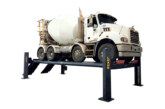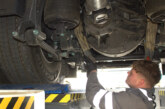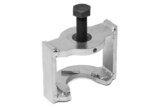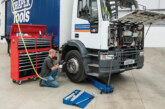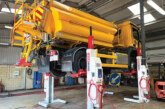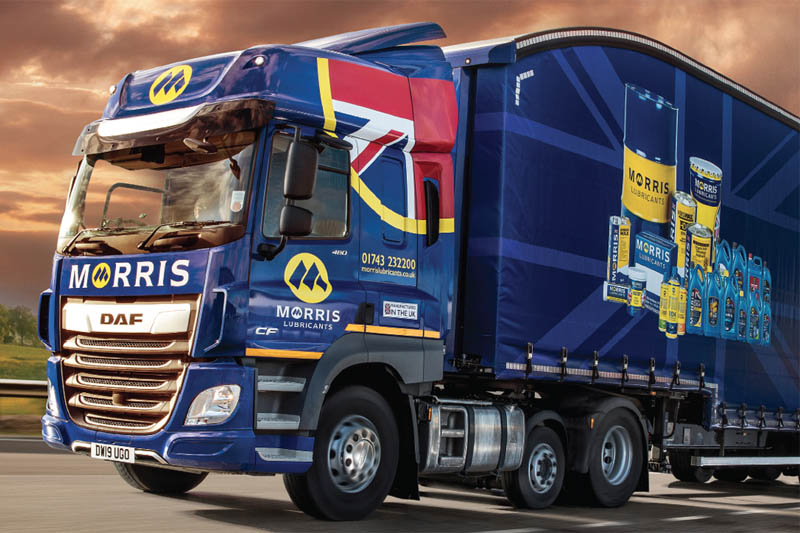
Adrian Hill, technology manager at Morris Lubricants, discusses the new standards for Euro VII compliance and how oils and lubricants are evolving to meet requirements.
The EU automobile industry is continuing to improve internal combustion engine technology to further reduce emissions on the road to climate neutrality. New Euro VII regulations set out challenging 50% reductions in the key criteria pollutant emission limits. It’s safe to say that heavy duty diesel engines have got Euro VI on the ropes when it comes to compliance, but Euro VII will be a whole new challenge, especially for lubricants.
Moving from Euro V to Euro VI yielded a wealth of hardware updates, including higher fuel injection pressures, smaller displacement, scavenging loop improvements, and better after-treatment device efficiency, to name but a few.
Alongside these changes, the lubricant specifications have also had to keep pace, especially with the critical protection of after-treatment devices, such as diesel oxidation catalysts, selective catalytic reduction systems (such as Adblue), and diesel particulate filters. Without the correct chemistry in the engine oil used, all these devices suffer, with the potential for big repair bills. So, as we move closer to Euro VII (pitched to be implemented in 2025), developments are well under way to meet a new set of demands.

There’s no doubt that engine downsizing, in terms of the number of cylinders employed, will continue. The 8- cylinder behemoths have already been moved down to 6 cylinders in numerous cases, and the adoption of variable geometry turbochargers to give tailored boost depending on demand, have helped to maintain power outputs.
There will be a further culling of cylinders, with 4 or 5 cylinders being used, but this is just the start. Variable valve timing and compression ratios – technology employed in the passenger car market – will be adopted, ensuring maximum fuel efficiency under a wide range of loads and operating conditions.
Different construction materials will come into play, such as compact graphite iron which provides increased strength with reduced weight, and thermal spray liner coatings to reduce energy losses due to friction.
Evolving lubricant and oil technology
To keep pace with hardware changes, lubricant and oil technology has also needed to evolve. Improvements in fuel efficiency can be made by using engine oils that produce thinner oil films in the bearings and the ring/liner area. Thinner oil films result in less drag and therefore more useable energy goes to the wheels.
In order to ensure that component integrity is not compromised, these thinner oil films are fortified with polymer chemistry to ensure there is no metal-to-metal contact. Polymers are essential when formulating 5W-30 and 0W-20 engine oils for the commercial vehicle market, with the environmental benefit of fuel efficiency resulting in reduced CO2, which is one of the targets of Euro VII.
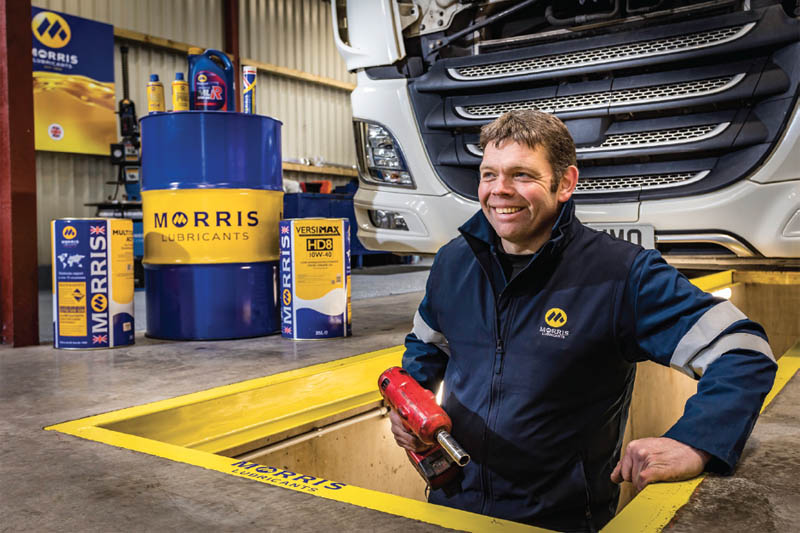
For internal combustion engines, fuel efficiency is essential, and this will be the goal of the OEMs as they innovate in the direction of Euro VII compliance.
The lubricant technology developed for this new generation of engine will not be backward compatible with previous designs and will therefore not be usable with older vehicles.
Oil film thickness for commercial vehicle engines will be down at the levels that passenger car engine oils now reside and heavy-duty diesel engines must be capable of using these oils without accelerated wear and related issues taking place.
Meeting new demands
Global lubricant specifications from ACEA and API have been developed for lubricants to suit these new engines and their emissions demands, but the OEMs are taking it further by tailoring these standard specifications and adding their own testing sequences.
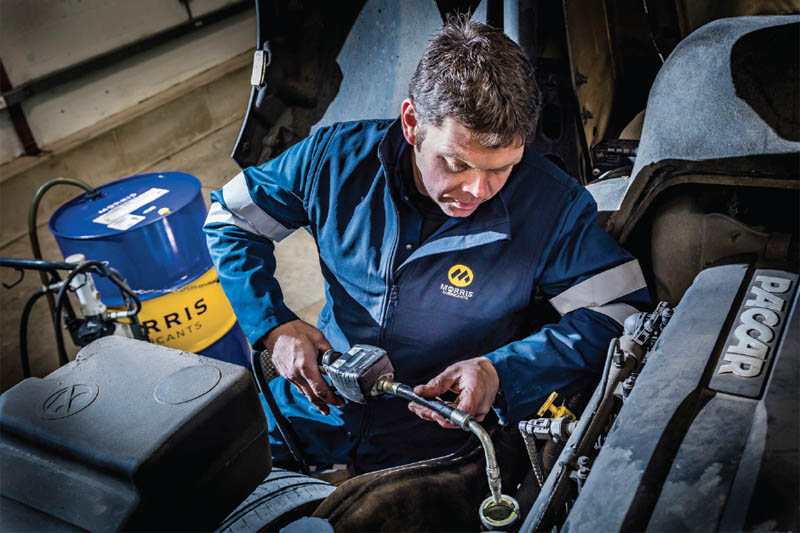
Most of the oil manufacturers are already factory filling new vehicles with 5W-30s and then requiring this grade of oil during service fill. In the meantime, the oil technology providers are developing 0W- 20s and 5W-20s engine oils that will enter the market over the next couple of years to drive down CO2 output even further.
Scania, MAN and Iveco are already specifying these low viscosity lubricants, with the other main commercial vehicle manufacturers having specifications in draft form that will become factory fill to start with, before entering the service fill market.
There’s definitely a busy time ahead for maintenance engineers, chemists and fleet operators, but there’s no doubt that the heavy-duty diesel engine still has a lot of future potential and will remain a vital powerhouse in the haulage, transport, agricultural and off-highway industries.




